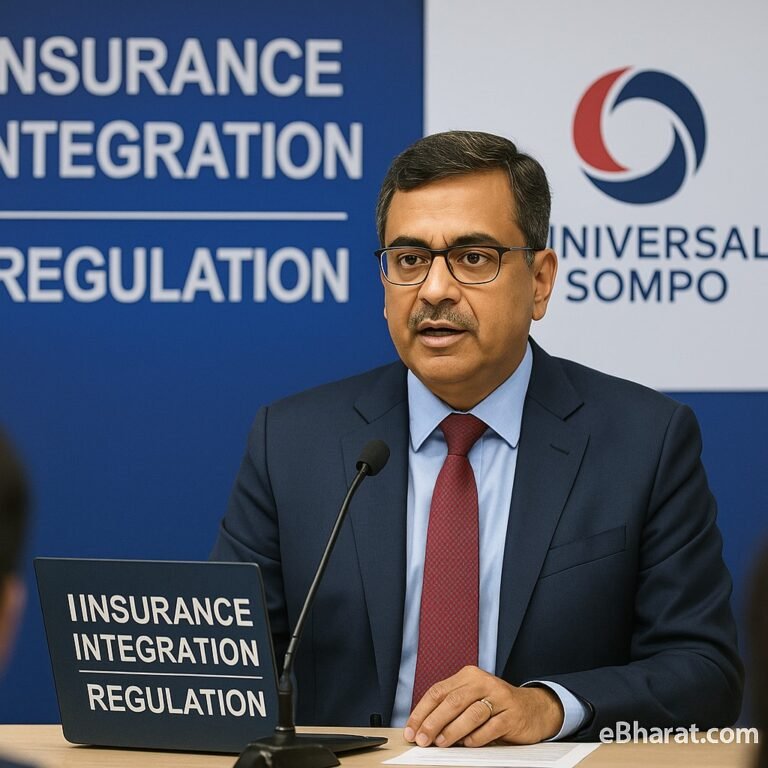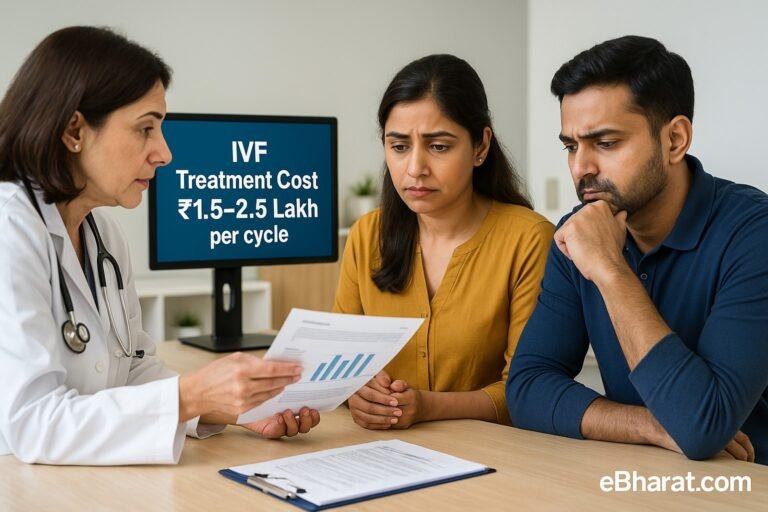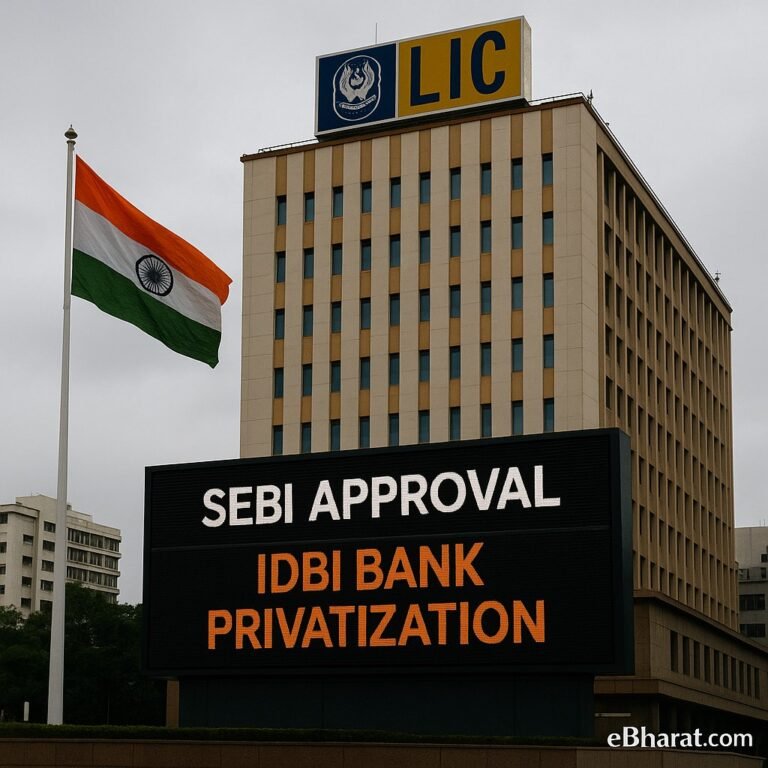
A recent report by ET Wealth highlights a significant uptick in Non‑Resident Indians (NRIs) choosing India for medical treatments—thanks to affordable surgeries, low insurance premiums, and cultural familiarity. This growing trend is transforming India into a global hub for NRI healthcare.
1. Affordable Surgeries & Medication
NRIs benefit from substantial cost savings:
- Elective procedures in India typically cost between USD 2,000–15,000, while complex surgeries range from USD 20,000–40,000—a fraction of Western healthcare costs.
- India’s abundant supply of generic drugs further reduces long-term medical expenses.
2. Low Insurance Premiums
Indian health insurance offers remarkable value:
- Annual premiums per person range between USD 120–300, compared to USD 8,000+ in the U.S. and USD 4,000–5,000 in GCC countries.
3. Cultural Comfort & Support Systems
For NRIs, receiving treatment in India brings:
- The reassurance of familiar culture, languages, and strong family support networks.
- Growing numbers are now insuring themselves in India—not just their parents.
Trend Highlights & Statistics
- A remarkable 150% year-on-year increase in health insurance uptake by NRIs was recorded in FY 2024–25.
- Cities like Chennai, Bengaluru, Hyderabad, Mumbai, Pune, Kolkata, and Thane are emerging as preferred destinations for NRI medical visits.
- India’s medical tourism market is expected to grow from approximately USD 9 billion (2022) to USD 13 billion by 2026.
Why It Matters
- Economic Impact: The surge in medical tourism reinforces India’s healthcare sector as a vital contributor to economic growth.
- Healthcare Strategy: India’s competitive pricing and expanding accredited infrastructure make it a preferred healthcare option for the diaspora.
- Policy Implications: Trends emphasize the importance of enhancing cross-border insurance, infrastructure, and streamlined services for returning NRIs.













